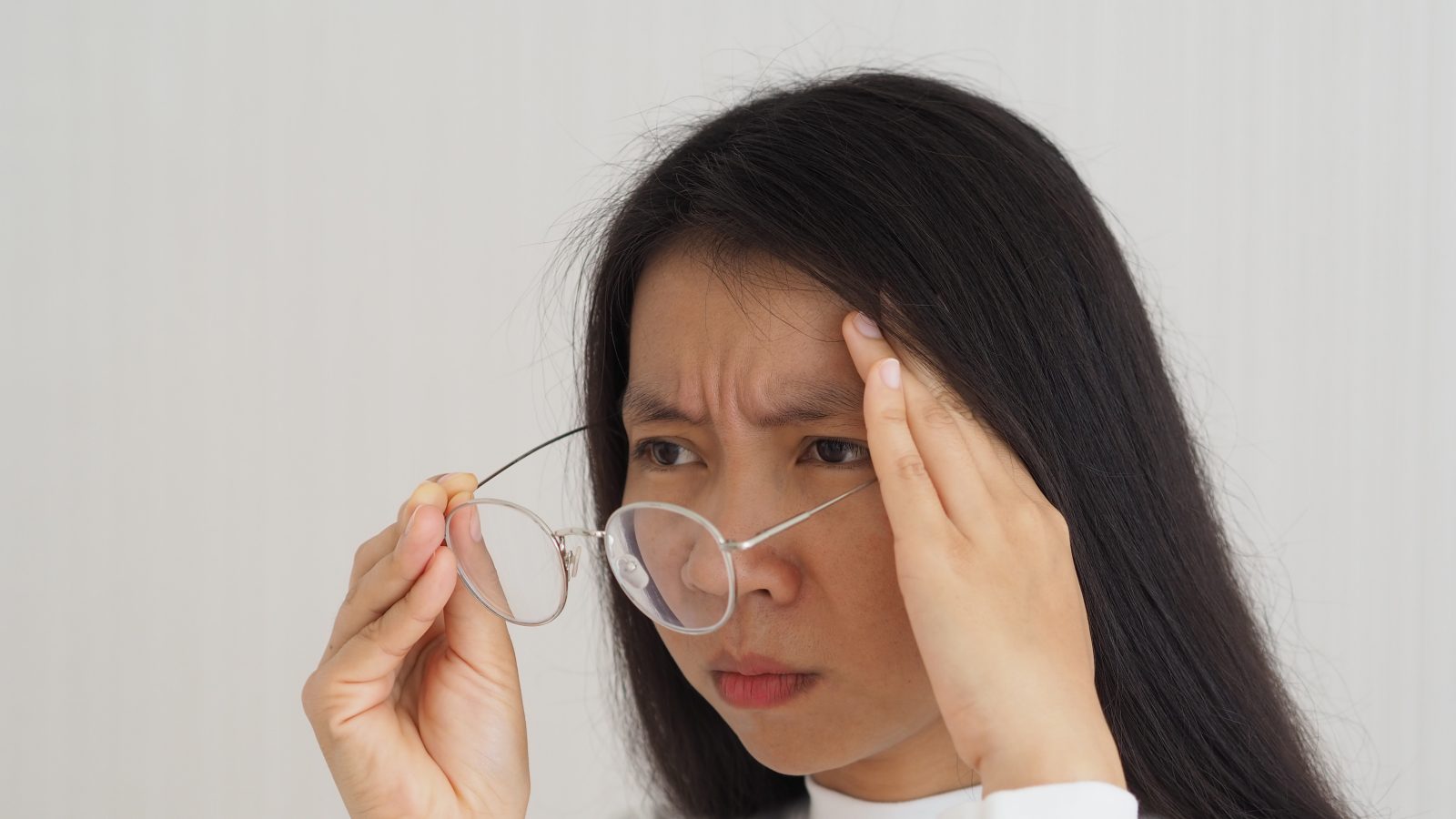With the International Diabetes Foundation projecting that at least 700 million people will be living with diabetes mellitus by 2045, there is a growing concern that diabetic retinopathy may become an even bigger health crisis in the years ahead. Diabetic retinopathy is also reported to be the world’s leading cause of visual impairment among adult populations. Available data suggests that diabetic retinopathy affects more than a third of diabetic patients. Maintaining a healthy lifestyle and regular eye check-ups can detect and prevent Diabetic Retinopathy early to avoid irreversible blindness.
Also Read: Children’s Day 2022 LIVE Updates: Have You Seen These Photos of Kajol, Shilpa Shetty and Kriti Sanon?
In India, the threat of Diabetic Retinopathy is looming with a recent study showing a 16.9% prevalence. This has led to the call for more innovative approaches to prevent and treat diabetic retinopathy. “One promising solution is the use of artificial intelligence (AI) for improved eye care in patients with diabetic retinopathy. AI adopts the use of machine learning and deep learning to address eye care issues in diabetic patients. This transformational innovation has the capacity to yield remarkable results in the management of diabetes,” say Dr Doris Macharia, Senior Vice President, Global Programs, and Dr Rishi Raj Borah, Country Director – India, Orbis.
Avenues for AI intervention in diabetic retinopathy
There are several ways AI is helping to transform eye care for diabetes patients. Screening and diagnosing for diabetic retinopathy have become more efficient for health care providers due to the application of deep learning at relatively low cost. “Using convolutional neural networks, specialists can effectively detect and monitor the occurrence of diabetic retinopathy through AI-based screening solutions. This screening is used to spot and identify likely issues on the retina with accuracy often exceeding 92%” add Dr Macharia and Dr Borah. In a recent study conducted by Orbis International, findings showed that it is possible to integrate AI technology as an effective solution to identify diabetic patients at risk of vision loss and to improve access to care.
Artificial intelligence has also proven remarkable in supporting diabetes self-management. AI provides the personal data that patients need to adapt to healthier lifestyles and overall keep better track of management of their diabetes.
Use of AI can therefore support self-management and is a strategic tool in providing care to people in hard-to-reach communities with limited medical specialists nearby for regular visit.
Other ways AI is useful is in monitoring Diabetic Retinopathy complications as well as transforming diabetes care in developing algorithms that can accurately predict the development and prevalence of diabetic retinopathy, among other complications.
Revolutionizing medical care in diabetic retinopathy
AI primarily involves the use of machine learning for analytics and data, analyzing social media activity, physical and mental health, and lifestyles of people within a geographic area or demographic population. This can be helpful for communities that face logistical barriers, lack eye specialists, or are plagued by high cost of health facility visits.
In India and elsewhere around the world, investment in AI is needed to bridge the gap in eye care management, especially in ways that can make managing diabetic retinopathy cost effective, easier, and more convenient, and eventually reduce vision loss and blindness in the country.
Read all the Latest Lifestyle News here
For all the latest Lifestyle News Click Here
For the latest news and updates, follow us on Google News.

